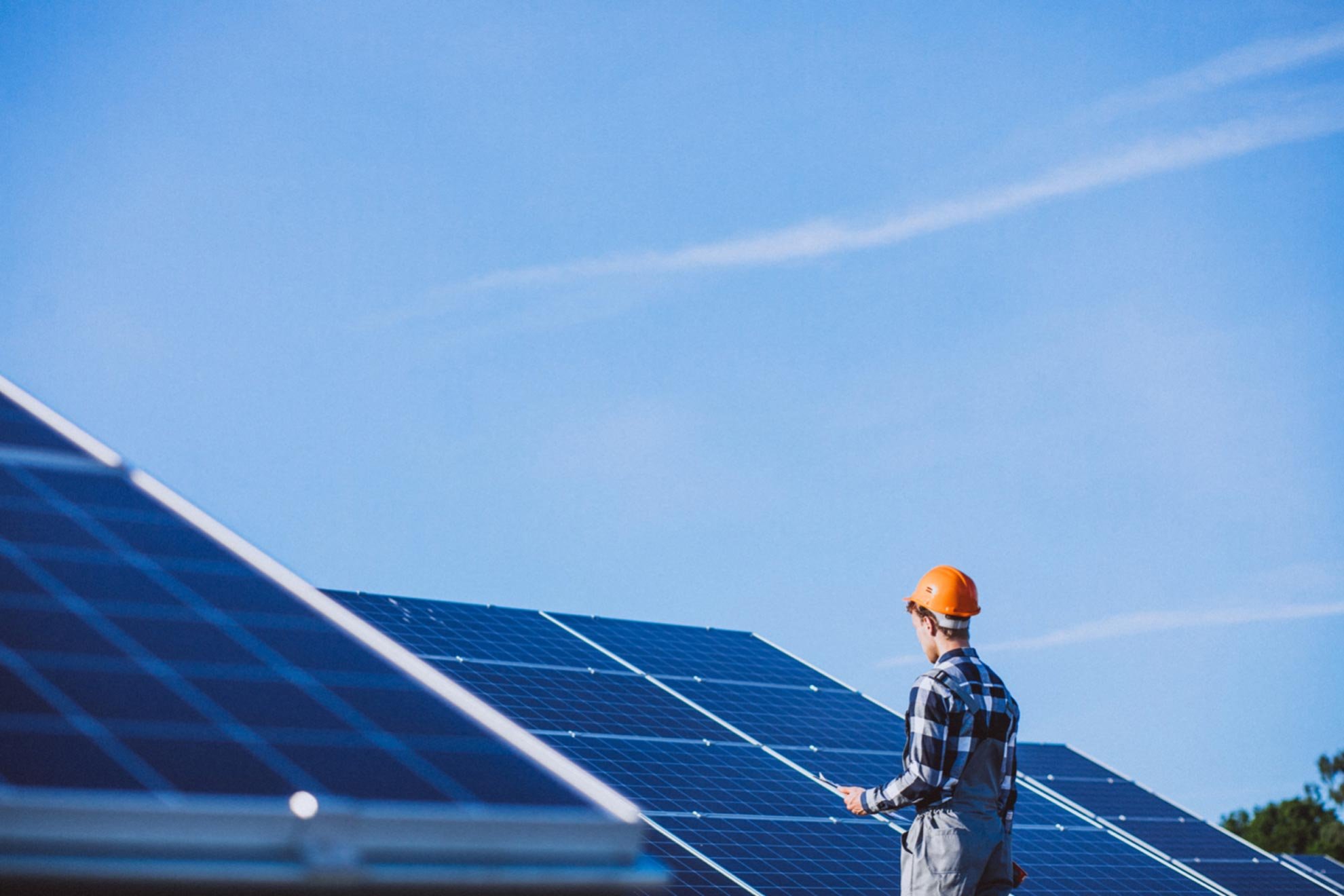Energy saving tips for hotels
Sometimes trends benefit everyone, and one of the most important travel trends 2023 is that travellers expect their accommodation to be ‘greener’, and more energy conscious. This fits perfectly with the needs of hotel and property owners, who want to deliver more ecologically sound services, with considerable cost savings. The energy crisis is affecting everyone, not least hoteliers, so what initiatives will reduce costs by saving energy?
Energy wastage
We’ve come a long way since the biggest energy saving idea was to have guests opt out of having fresh towels every day. It was a good start, but there are so many more possibilities now, many enabled by technology. Electrical power adds hugely to running costs, so the smarter that hotels can be with their electricity use, the better, and being aware of energy wastage and how to conserve energy should be a priority for any hotel.
Start simple
A concern for many hoteliers is that to save money long term they have to spend money short term, in some cases quite large sums. So start simply and do easily achievable things, like steadily changing to all LED lighting, which is around six times cheaper to run, and lasts roughly twenty five times longer than old-fashioned tungsten bulbs. Ensure that your maintenance programme always replaces blown tungsten bulbs with LEDs, and in a relatively short time, energy costs will be creeping down. As 6% of all typical hotel operating costs goes on energy expenditure, of which around 60% is electricity, reducing those costs has to be a good thing.
An increasingly popular and attractive method of providing light without electricity is to install light tubes in roofs and ceilings, allowing daylight to flood into areas such as corridors and other communal spaces. And when the daylight is gone, light and motion sensors can take over automatically to ensure good illumination.
Another easy step-by-step programme worth implementing is to remove all the vampires from your hotel! That’s vampire power draw from devices which appear to be off, but are really in standby mode, and therefore using electricity. Installing shutdown sockets - also known as smart power strips devices - means an end to power-sucking devices which are automatically switched off when there is no guest demand.

The HVAC energy audit
Simple steps are relatively cheap to implement, but what about bigger infrastructure items such as the power-hungry HVAC systems that every hotel must have? Heating, Ventilation and Air Conditioning is essential, but even small adjustments can have significant impact on cost savings. For example, just 1 degree less heating or cooling can produce cost reductions of up to 8%. Will guests even notice the slight change in temperature? Highly unlikely. Will the hotel management notice the improvement in the bottom line? You bet.
Setting and controlling temperature profiles used to be a ‘broad brush approach’ for the whole hotel, but that has now changed with the use of smart thermostats which can be set to match daily requirements, and even respond in real time to occupancy changes.
And if you are very fortunate, then your HVAC might be nearing the end of the road! It will cost a lot to replace, but modern systems are so much more efficient, especially when localising HVAC services. There’s no need to maintain a large central plant if there is local HVAC in every room, and then there’s energy-efficient water heater to consider too. It doesn’t make sense to keep a large tank of water boiling away, when hot water on demand to each guest room can be instantly available. It’s the sort of smart solution that makes the difference, with a better guest experience and cost efficiency.

Ample energy savings
But how do you really know what you’re spending on HVAC, and therefore what the likely savings may be? The answer is to do an energy audit, and once you can clearly see where you are wasting energy, then that waste can be stopped. For example, a lot of heat is lost through windows, either because they are not properly glazed, or don’t fit properly, allowing drafts in (or cooled air out). Energy efficient window treatments can become part of a rolling maintenance programme, including the application of energy saving window film that will quickly yield cost benefits.
Many relatively small changes can be made in guest rooms which add incrementally to energy savings, such as installing energy star refrigerators, and even electric blankets. These can be cosy for the guest, providing warmth where they need it - in the bed - rather than having to heat a whole room to the same temperature.

Get your guests onboard
It should be clear that there are many actions which can be taken to reduce energy bills for hotels, while enhancing the guest experience - and here’s the final tip: get your guests onboard. Tell them what initiatives you’re taking to reduce the carbon footprint of your operation, and ask for their buy-in too. With energy costs rising, make sure that this year, one trend you’ll be spearheading will be to radically cut energy wastage.
If you want to learn more about modern automated solutions that can help your business grow, book a free demo with us.


